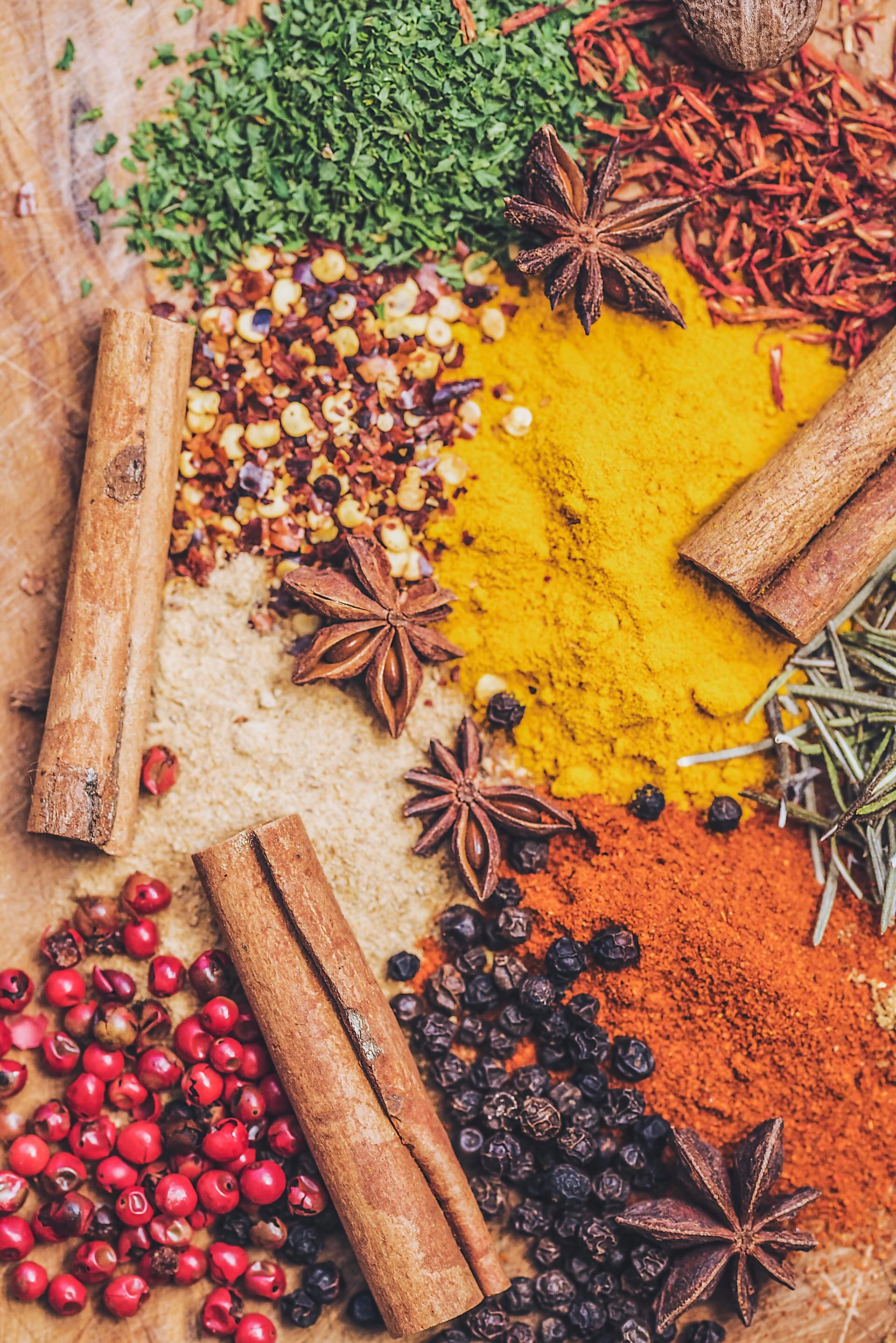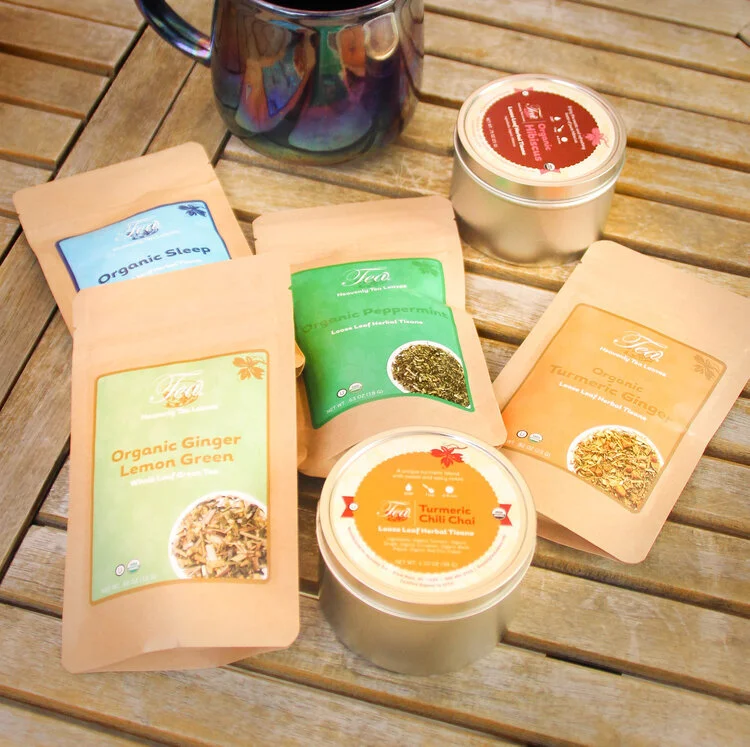Ayurvedic Medicine: Seeking Wellness Through Tea
These days, we face no shortage of health fads and crazes. Although there are new and unfamiliar ones popping up every day, we have also seen a resurgence of old, and even ancient systems of health and wellness management. One such system is Ayurvedic medicine. What is Ayurvedic medicine and what does it have to do your daily tea routine? Let's start with the backstory!
The History Behind Ayurvedic Medicine
Ayurveda, meaning "life knowledge," is an ancient medical system that originated in India. It consists of many healing treatments, natural remedies, and medicinal products that today, in conjunction with modern medicine, are used to heal the body from the inside out. Ayurveda has many components: meditation, massage, cleansing, spiritual guidance, diet, breathing techniques, and much more. All of this surrounded by the idea that there are imbalances in the body, mind, spirit, and environment, that with the help of this practice, can be regained.
In the Ayurvedic belief, human beings are made up of three doshas, or essential elements; these are fire, air, and water. Each element lends us different abilities, like movement, digestion, or structure; if one of these falls out of balance, it may adversely affect the rest. By incorporating various ideas from the Ayurvedic system into your daily routine, you can help build a healthy, balanced lifestyle. Although Ayurvedic medicine is not a treatment for any specific disease, the goal is to "create balance and harmony, decrease stress," and even help prevent disease or other unwanted health conditions.
So, where does tea come in?
A typical Ayurvedic medical assessment includes essential questions about diet and lifestyle, with the ultimate goal of balancing the doshas. Just as important as what we omit from our diet is what we include in it. High-quality tea is one of the items that is definitely recommended to be included in a healthy regimen.
Ayurvedic medicine is about detoxifying your body in a wholesome way that is as close to nature as possible. Certain herbs and spices, often thought to be medicinal, are commonly found in Ayurvedic teas, and especially in chai blends, which have their roots in India. These include cardamom, cumin, turmeric, ginger, arjuna, Indian gooseberry, and many more.
Our Recommendations
Turmeric Chili Chai blend serves to create warmth and feature fiery ingredients like ginger, cinnamon, and other spices. These have been shown to rev up the metabolism and are without a doubt part of a balanced Ayurvedic lifestyle.
Ginger, a super-strong ingredient with anti-inflammatory and antioxidant benefits, is also found in our Ginger Lemon Green Tea and Turmeric Ginger Loose Leaf Tea.
Why Tea Is Beneficial In An Ayurvedic Lifestyle
With the goal of detoxifying, balancing, and enriching our everyday lives through how we move and consume things, tea can become a central component in the dedicated practice of Ayurvedic medicine. Alongside these wellness goals, tea has the secondary benefit of uniting loved ones and facilitating a sense of community, which is also a key component in an Ayurvedic lifestyle. Having a number of delicious, exciting, and wholesome Heavenly Tea Leaves teas to choose from, we say dive right in.
*Disclaimer*
According to the Johns Hopkins School of Medicine: "Many Ayurvedic materials have not been thoroughly studied in either Western or Indian research. Some of the products used in Ayurvedic medicine contain herbs, metals, minerals, or other materials that may be harmful if used improperly or without the direction of a trained practitioner. Ayurvedic medicines are regulated as dietary supplements rather than as drugs in the United States, so they are not required to meet the safety and efficacy standards for conventional medicines. These medicines can interact, or work against, the effects of Western medicines. Investigate the training and background of Ayurvedic practitioners whom you intend to use . . . It's important to discuss any Ayurvedic treatments that you use with your doctor. Women who are pregnant or nursing, or people who are thinking of using Ayurvedic therapy to treat a child, should consult their healthcare provider. It is important to make sure that any diagnosis of a disease or condition has been made by a healthcare provider who has substantial conventional medical training and experience with managing that disease or condition. While Ayurveda can have positive effects when used as a complementary therapy in combination with standard, conventional medical care, it should not replace standard, conventional medical care, especially when treating serious conditions."
This post was adapted, with permission, from the Heavenly Tea Leaves blog.














